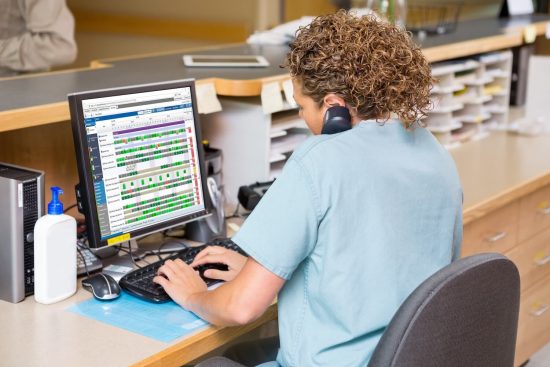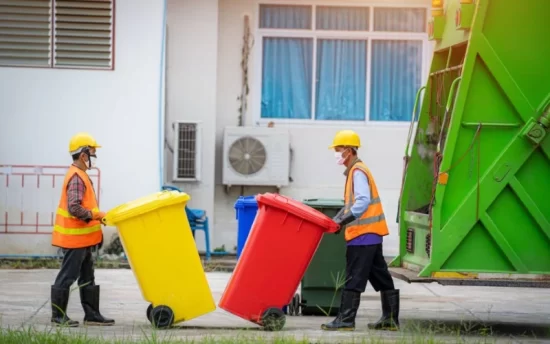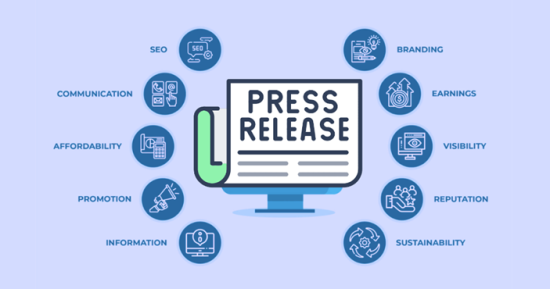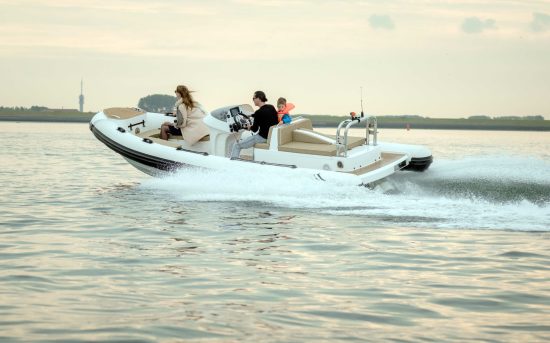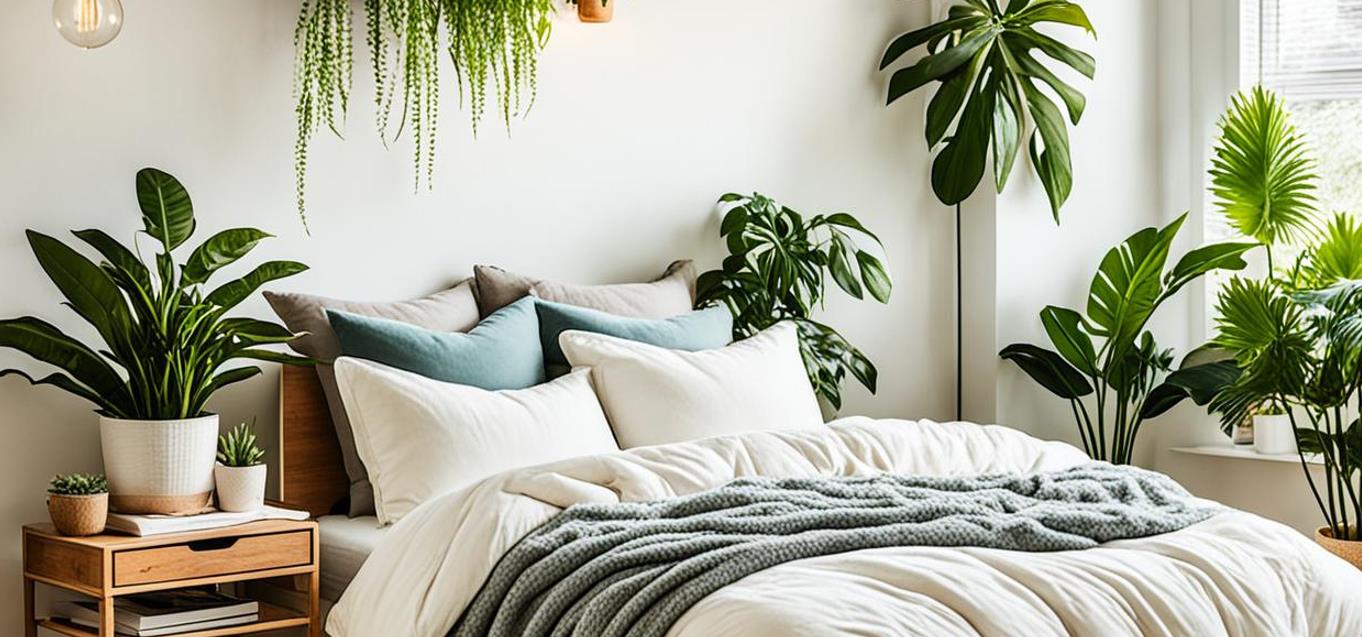
Are you interested in starting your own Airbnb business in the United States? With the increasing popularity of short-term rentals, it’s no wonder that many entrepreneurs like yourself are considering this lucrative opportunity. But where do you begin? How do you navigate through the complex process of setting up your own Airbnb business? Starting an Airbnb business in the US can be highly profitable with the right strategy and commitment to customer service. Despite concerns about market saturation, a well-planned business model can help you succeed. This guide will walk you through seven essential steps, including market research, understanding regulations, and preparing your property. By the end, you’ll have a clear roadmap to how to start an airbnb and manage your Airbnb venture.
How to Start an Airbnb Business in the US
1. Research and Planning
Before starting your Airbnb business, it is essential to conduct thorough research and develop a comprehensive plan. This will help you make informed decisions and set a solid foundation for your venture. In this section, we will explore the key elements of research and planning.
Explore potential locations and property prices.
The success of your Airbnb business depends heavily on the location of your rental property. Research Airbnb locations that attract a high volume of tourists and have a strong demand for accommodations. Consider factors such as proximity to tourist attractions, accessibility, safety, and local amenities. Additionally, analyze property prices in these locations to ensure your investment aligns with your budget and potential return on investment.
Evaluate financing options and demand.
Financing plays a crucial role in acquiring and managing an Airbnb property. Research different financing options available to you, such as mortgage loans, personal savings, or partnerships. Evaluate the demand for short-term rentals in your chosen locations to gauge the potential revenue and occupancy rates. This analysis will help you determine the financial feasibility of your Airbnb business.
Research competitors and local regulations.
Understanding your competition is vital for positioning your Airbnb business effectively. Study other hosts in your chosen locations to identify their pricing strategies, unique selling points, and customer reviews. This research will enable you to differentiate your listing and provide a memorable guest experience. Additionally, familiarize yourself with local regulations governing short-term rentals to ensure compliance and mitigate any legal risks.
2. Legal and Financial Preparation
Before starting your Airbnb business, it’s crucial to ensure that you comply with the legal requirements for Airbnb in your specific location. Each city and state may have different local laws and regulations that you need to adhere to. Failure to comply with these legal obligations can result in penalties and potential closure of your business.
Check local laws and regulations
Begin by thoroughly researching and understanding the local laws and regulations governing short-term rentals in your area. Look for any restrictions or permits required for operating an Airbnb business. Some cities may have specific zoning restrictions or licensing requirements that you need to meet.
Establish a legal entity, such as an LLC
Once you understand the legal requirements, consider establishing a legal entity for your Airbnb business, such as a Limited Liability Company (LLC). Forming an LLC can provide liability protection for your personal assets and may offer tax benefits.
Prepare for tax obligations and obtain insurance
As a business owner, you have tax obligations to fulfill. Consult with a tax professional to understand your tax responsibilities, such as filing income tax returns and collecting and remitting occupancy taxes. Additionally, it’s essential to obtain proper insurance coverage for your Airbnb property. This can protect you from potential lawsuits and property damage.
By thoroughly understanding and fulfilling the necessary legal and financial preparations, you can set a solid foundation for your Airbnb business and ensure compliance with local laws and regulations. Remember to consult with professionals familiar with Airbnb regulations and seek legal advice if needed.

3. Business Plan Development in the US
Once you have completed the initial research and legal preparations for your Airbnb business, it’s time to develop a comprehensive business plan. A well-crafted business plan will serve as a roadmap for your venture, outlining your goals, strategies, and financial projections. It will also provide valuable insights into your target market and potential investors.
To create an effective business plan, consider including the following key components:
Executive Summary
The executive summary is a concise overview of your Airbnb business plan. It should provide a compelling snapshot of your business idea, highlighting its unique value proposition and potential for success. This section is crucial, as it will be the first part of your business plan that potential investors and partners will read.
Company Overview
In the company overview section, provide a detailed description of your Airbnb business. Include information about your company’s mission, vision, and goals. Explain how you plan to position your business in the market and differentiate it from competitors. Additionally, highlight key team members and their relevant experience in the hospitality industry.
Financial Projections
Financial projections are an essential component of your business plan, as they demonstrate the potential profitability and viability of your Airbnb business. Include revenue forecasts, expense projections, and cash flow analysis. Consider factors such as occupancy rates, average nightly rates, and operating costs. Use these projections to outline your anticipated returns on investment and potential growth opportunities. Clearly convey your financial projections to instill confidence in potential investors and lenders.
Remember, your business plan should be dynamic and adaptable. Regularly review and update it as your business evolves and market conditions change. A robust business plan will not only guide your operations but also attract potential investors and strategic partnerships.
4. Property Preparation
Once you have finalized the legal and financial aspects of your Airbnb business, it’s time to prepare your property for potential guests. Creating a comfortable and welcoming space is crucial to attract positive reviews and ensure that guests have a memorable stay. Follow these steps to get your rental property ready for Airbnb:
Ready your property for guests
1. Clean and declutter: Start by thoroughly cleaning every room of your property. Remove any personal belongings and clutter to create a more neutral and inviting atmosphere for guests.
2. Furnish and decorate: Consider the needs and preferences of your target guests when choosing furniture and decor. Opt for comfortable beds, functional storage solutions, and tasteful decorations that reflect the style of your property.
3. Provide essential amenities: Make sure your property is well-stocked with basic necessities such as toiletries, towels, and linens. Additionally, consider providing extras like coffee, tea, and snacks to enhance the guest experience.
4. Ensure safety and security: Install smoke detectors, carbon monoxide detectors, and fire extinguishers in accordance with local regulations. Also, secure any valuable items or personal belongings that are not intended for guest use.
5. Test appliances and utilities: Check that all appliances, such as the stove, refrigerator, and washer/dryer, are in good working condition. Ensure that utility services, including electricity, water, and internet, are reliable and functional.
6. Create a guest manual: Compile important information about the property, such as check-in and check-out procedures, house rules, and contact details. This manual will help guests familiarize themselves with the property and have a smooth stay.
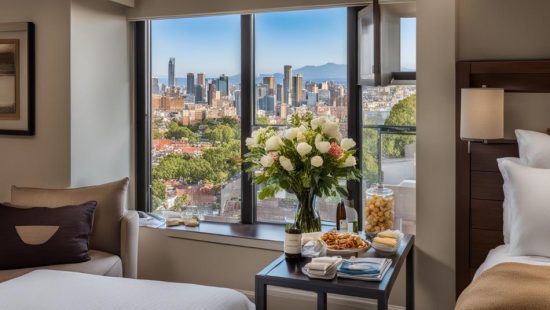
5. Online Listing
Creating an effective Airbnb listing is crucial for attracting guests and maximizing your rental income. Start with high-quality photos that showcase your property’s best features and write a detailed description highlighting key amenities and attractions. Use descriptive language and include relevant keywords in your title to improve visibility in search results. Set competitive pricing based on market rates and adjust it according to demand and seasonality. Encourage guests to leave positive reviews to build trust, and maintain open communication to address any questions or concerns promptly. By optimizing your listing, you can attract the right guests and increase your chances of success in the short-term rental market.
6. Cost Considerations
Starting an Airbnb business comes with various costs that you need to consider in order to ensure a successful venture. From upfront startup expenses to ongoing maintenance, understanding and budgeting for these costs will help you plan your finances effectively and maximize your profits.
Calculate Startup Costs
Before launching your Airbnb business, it’s important to determine the initial expenses involved. Startup costs typically include furniture, utilities, and insurance. When furnishing your rental property, consider both functionality and aesthetics to create a comfortable and appealing space for guests. Research the cost of essential furniture items such as beds, sofas, dining sets, and kitchen appliances to estimate your furniture budget accurately. Additionally, remember to account for utility costs like electricity, water, and internet connection, as well as insurance to protect your property and assets.
Plan for Ongoing Expenses
In addition to startup costs, ongoing expenses are an essential part of running an Airbnb business. Two significant ongoing expenses to consider are cleaning expenses and maintenance costs. Keeping your rental property clean and well-maintained is crucial to providing a positive experience for your guests. Budget for professional cleaning services or factor in the cost of cleaning supplies if you plan to handle the cleaning yourself. Similarly, allocate funds for regular maintenance to ensure that your property remains in good condition and any necessary repairs are promptly addressed.
By understanding and accounting for these cost considerations, you can establish a solid financial foundation for your Airbnb business. Careful planning and budgeting will enable you to provide a high-quality experience for your guests while maximizing your profitability.
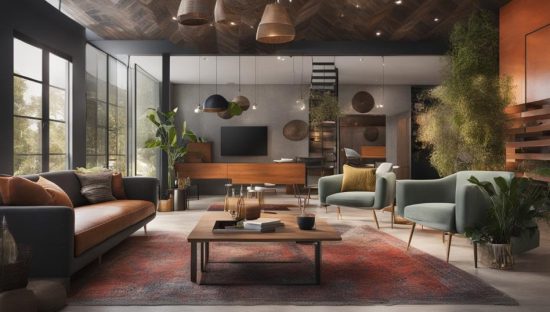
7. Launch and Management
Once you have completed all the necessary preparations, it’s time to launch your Airbnb business in the United States. Here are some key steps to follow for a successful launch and effective management:
Firstly, promote your listing to attract potential guests. Utilize social media channels and online platforms to showcase your unique property and highlight its benefits. Engage with your target audience and respond promptly to inquiries to build a positive reputation.
Secondly, ensure smooth operations by managing bookings, check-ins, and check-outs efficiently. Utilize tools provided by Airbnb, such as their messaging system and calendar, to streamline communication and keep track of reservations. Respond promptly to guest inquiries and feedback to provide excellent customer service.
Thirdly, regularly update your listing with fresh photos and accurate descriptions to keep it attractive and up-to-date. Stay informed about the latest market trends and adjust your pricing and availability accordingly to maximize your rental income.
FAQs on how to start an Airbnb
How should I prepare my property for Airbnb guests?
To prepare your property for Airbnb guests, start by decluttering and cleaning thoroughly. Provide essential amenities such as clean linens, towels, toiletries, and kitchen supplies to ensure a comfortable stay.
What are the cost considerations for starting an Airbnb business in the US?
Costs for starting an Airbnb business in the US can vary widely depending on factors like location, property size, and level of renovation needed. Initial expenses may include property purchase or rental costs (ranging from $100,000 to over $1 million), renovation and furnishing expenses ($5,000 to $50,000+), and ongoing costs like utilities, insurance, and maintenance (approximately $200 to $1,000 per month).
How to start an Airbnb without owning property?
You can start an Airbnb business without owning property by leasing or renting properties from landlords and then subleasing them on Airbnb. This approach, known as Airbnb arbitrage, allows you to generate income from the price difference between your lease and the rental rates you charge on Airbnb.

